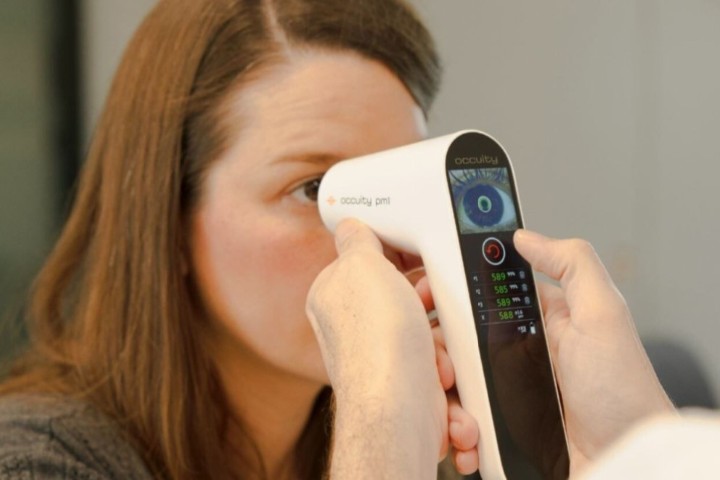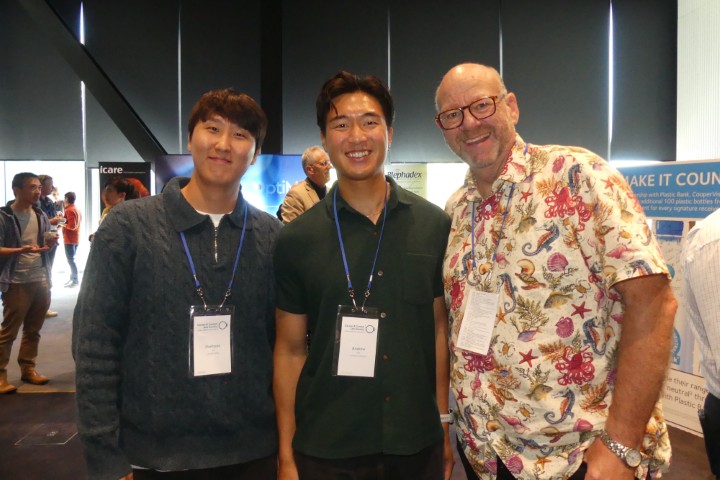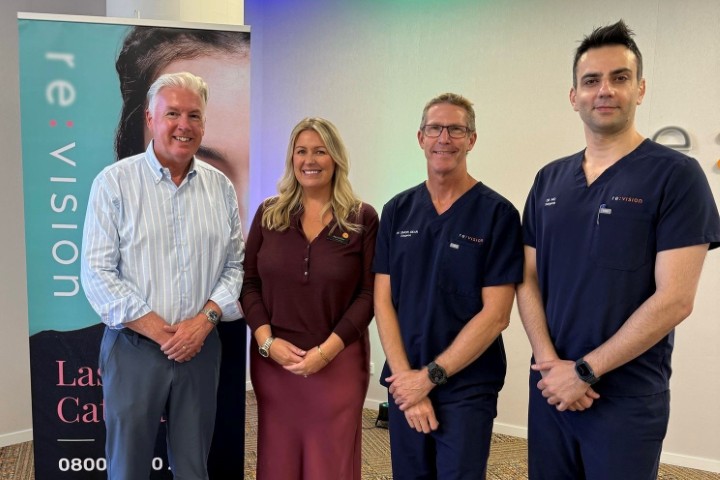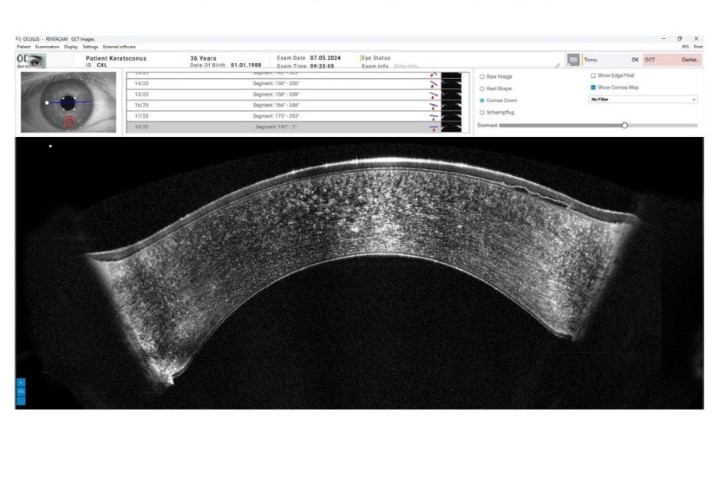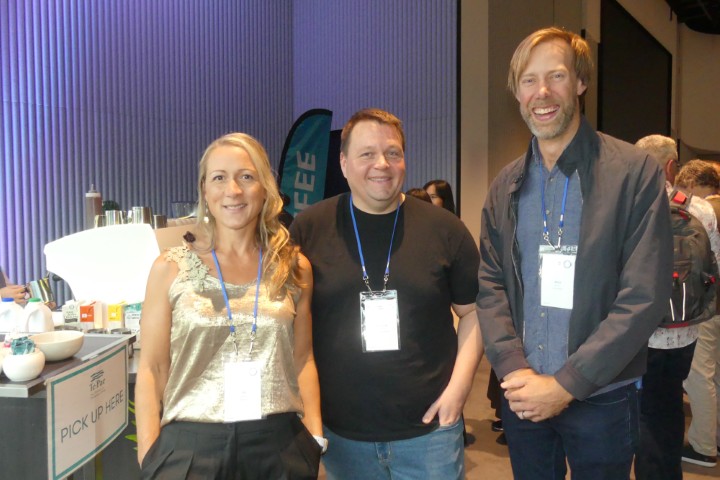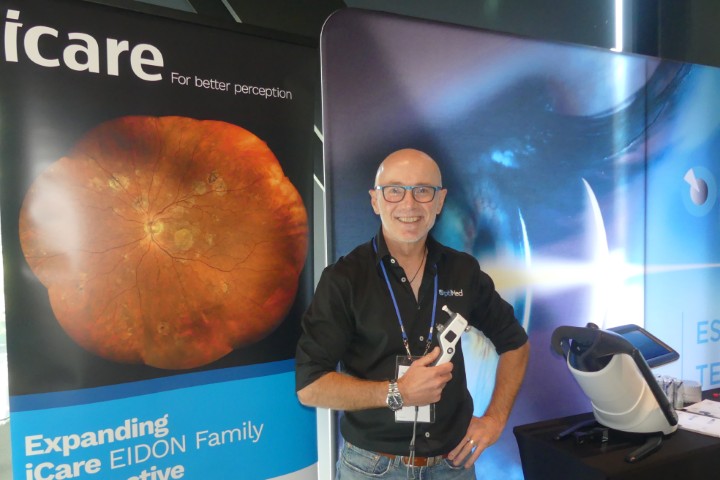Aussie glaucoma implant trial
Australian biotechnology company PolyActiva has recruited patients into a Phase I clinical study designed to show its PA5108 ocular glaucoma implant is safe and well-tolerated. The implant is designed to provide a constant daily therapeutic dose of latanoprost free acid (which is the active ingredient of commonly-prescribed glaucoma eye-drop Xalatan) for at least 26 weeks, before biodegrading.
Current glaucoma treatment commonly relies on patients to administer four eye drops daily. Not remembering drops or administering them poorly can lead to faster progression of glaucoma and the implant is being heralded as a major potential health breakthrough by ophthalmologists. “This implant is designed to make the lives of glaucoma sufferers easier,” says PolyActiva CEO Dr Russell Tait. “It’s designed to deliver treatment for six months after which it will disappear without further intervention. We’re excited about starting our first clinical study and look forward to seeing how it performs.”
Glaucoma is the second leading cause of irreversible blindness globally, and is expected to affect approximately 80 million people worldwide by 2020. Two Australian venture capital firms are supporting the clinical trial with a US$12m investment. “MRCF (which is managed by Brandon Capital Partners) and Yuuwa Capital see this technology having a major potential impact on the lives of millions of glaucoma patients globally,” says Dr Chris Nave, chairman of PolyActiva and CEO of the Medical Research Commercialisation Fund (MRCF). “This innovative drug delivery technology has further potential applications, such as being used to administer other types of medication, including antibiotics and steroids for cataract surgery patients.”
The implant can be administered in an ophthalmologist’s office under a slit-lamp using a custom-designed administration device. One of the lead investigators, ophthalmologist and cataract surgeon Dr Nathan Kerr, says, “PolyActiva’s treatment approach offers significant potential benefits for patients, addressing adherence and improving treatment of this disease. The bespoke administration device is simple to use and intuitive to operate.”
The Phase I clinical trial is being conducted under the Therapeutic Goods Administration Clinical Trial Notification (CTN) scheme at the Royal Victorian Eye and Ear Hospital in Melbourne, Australia, through the Centre of Eye Research Australia (CERA). The Phase I clinical trial will see seven glaucoma patients enrolled to evaluate the safety and tolerability of its PA5108 ocular implant, with initial results expected early in 2019.













